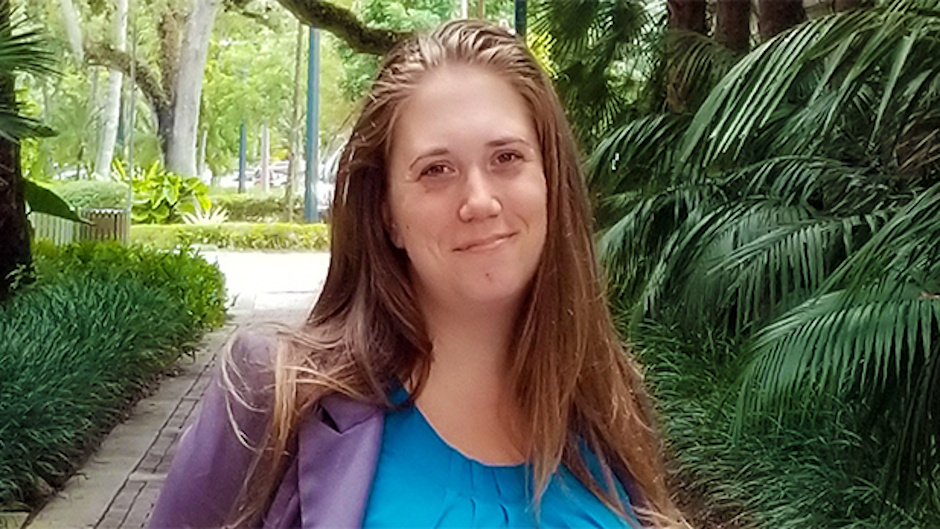Rent subsidies, like Section 8 payments, allow individuals and families to pay affordable rent based on their income and at a portion of the market price. For those who live in Miami, it may not be surprising to learn that, for renters, the city is one of the 10 most expensive in the country. Due to the high cost, six in 10 employed adult Miamians spend more than 30 percent of their incomes on rent, according to a Florida International University report on Miami’s Housing Affordability Crisis. “Evictions are especially bad for Section 8 tenants because they can lose their housing subsidy,” said Miami Law third-year student Cicely Hodges, a certified legal intern in the Tenants’ Rights Clinic.
In the clinic, law students not only learn about the various state and federal laws that impact tenants but also have the chance to zealously represent low-income individuals and families facing eviction and other housing-related issues. Tenants facing eviction must navigate many time-sensitive procedural hurdles and are desperately in need of representation. The process can be complicated for the average layperson to understand, and there are swift and severe consequences for missing deadlines.
Clinic students complete their hours at Legal Services of Greater Miami, Inc., a local nonprofit law firm that serves its community by providing civil legal assistance to the county’s most vulnerable residents. Jeffrey Hearne, director of Litigation at LSGMI and the clinic director –supervises and teaches the students during their clinic experience.
In Spring 2019, the clinic assigned Hodges the eviction case of a woman who was blind and required a wheelchair for mobility. “That case alone involved researching public accommodation laws, prepping for and attending hearings, conducting house visits, and using creative problem solving: all to make sure that my client could stay in her home,” she said. If the client was evicted, she would have lost her assistance. “Without her rental assistance, our client was at risk of homelessness,” Hodges said.
Working with community organizations, Hodges and the clinic helped the client pass a housing inspection necessary to defend her case. “It was wonderful to know that such a large barrier had been overcome,” said Hodges. Unfortunately, Hodge’s client passed away in the summer of 2019; but she remained her home throughout her life. “I cannot express how much my time at the clinic meant to me: to work and learn from such knowledgeable and passionate individuals are unparalleled,” Hodges said. “I will always remember my clients, my first time advocating for someone in a legal setting, and the mentors I gained along the way.”

